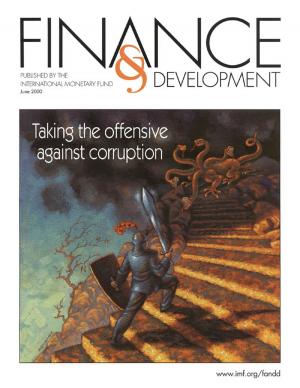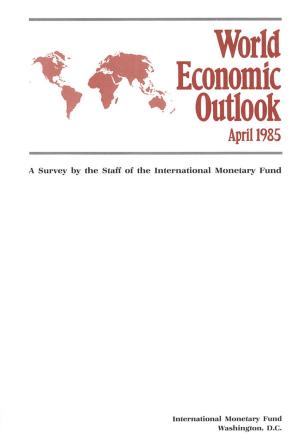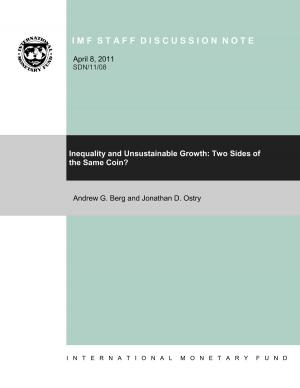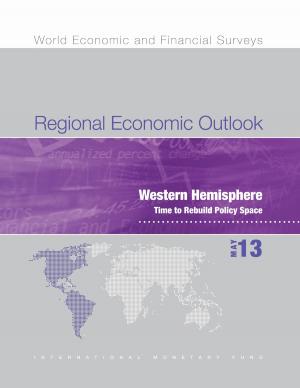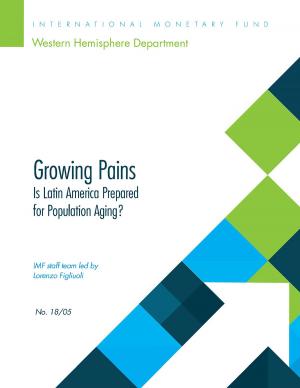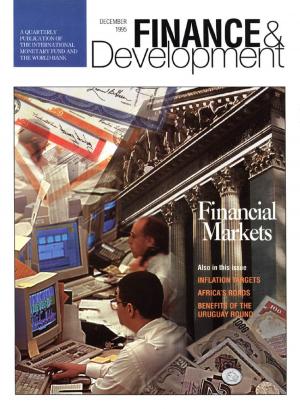China's Changing Trade and the Implications for the CLMV
Business & Finance, Economics, International Economics, Nonfiction, Social & Cultural Studies, Political Science, Politics, Economic Policy| Author: | Koshy Mathai, Gee Hee Hong, Sung Eun Jung, Jochen M. Schmittmann, Jiangyan Yu | ISBN: | 9781475531718 |
| Publisher: | INTERNATIONAL MONETARY FUND | Publication: | September 1, 2016 |
| Imprint: | Language: | English |
| Author: | Koshy Mathai, Gee Hee Hong, Sung Eun Jung, Jochen M. Schmittmann, Jiangyan Yu |
| ISBN: | 9781475531718 |
| Publisher: | INTERNATIONAL MONETARY FUND |
| Publication: | September 1, 2016 |
| Imprint: | |
| Language: | English |
China’s trade patterns are evolving. While it started in light manufacturing and the assembly of more sophisticated products as part of global supply chains, China is now moving up the value chain, “onshoring” the production of higher-value-added upstream products and moving into more sophisticated downstream products as well. At the same time, with its wages rising, it has started to exit some lower-end, more labor-intensive sectors. These changes are taking place in the broader context of China’s rebalancing—away from exports and toward domestic demand, and within the latter, away from investment and toward consumption—and as a consequence, demand for some commodity imports is slowing, while consumption imports are slowly rising. The evolution of Chinese trade, investment, and consumption patterns offers opportunities and challenges to low-wage, low-income countries, including China’s neighbors in the Mekong region. Cambodia, Lao P.D.R., Myanmar, and Vietnam (the CLMV) are all open economies that are highly integrated with China. Rebalancing in China may mean less of a role for commodity exports from the region, but at the same time, the CLMV’s low labor costs suggest that manufacturing assembly for export could take off as China becomes less competitive, and as China itself demands more consumption items. Labor costs, however, are only part of the story. The CLMV will need to strengthen their infrastructure, education, governance, and trade regimes, and also run sound macro policies in order to capitalize fully on the opportunities presented by China’s transformation. With such policy efforts, the CLMV could see their trade and integration with global supply chains grow dramatically in the coming years.
China’s trade patterns are evolving. While it started in light manufacturing and the assembly of more sophisticated products as part of global supply chains, China is now moving up the value chain, “onshoring” the production of higher-value-added upstream products and moving into more sophisticated downstream products as well. At the same time, with its wages rising, it has started to exit some lower-end, more labor-intensive sectors. These changes are taking place in the broader context of China’s rebalancing—away from exports and toward domestic demand, and within the latter, away from investment and toward consumption—and as a consequence, demand for some commodity imports is slowing, while consumption imports are slowly rising. The evolution of Chinese trade, investment, and consumption patterns offers opportunities and challenges to low-wage, low-income countries, including China’s neighbors in the Mekong region. Cambodia, Lao P.D.R., Myanmar, and Vietnam (the CLMV) are all open economies that are highly integrated with China. Rebalancing in China may mean less of a role for commodity exports from the region, but at the same time, the CLMV’s low labor costs suggest that manufacturing assembly for export could take off as China becomes less competitive, and as China itself demands more consumption items. Labor costs, however, are only part of the story. The CLMV will need to strengthen their infrastructure, education, governance, and trade regimes, and also run sound macro policies in order to capitalize fully on the opportunities presented by China’s transformation. With such policy efforts, the CLMV could see their trade and integration with global supply chains grow dramatically in the coming years.

